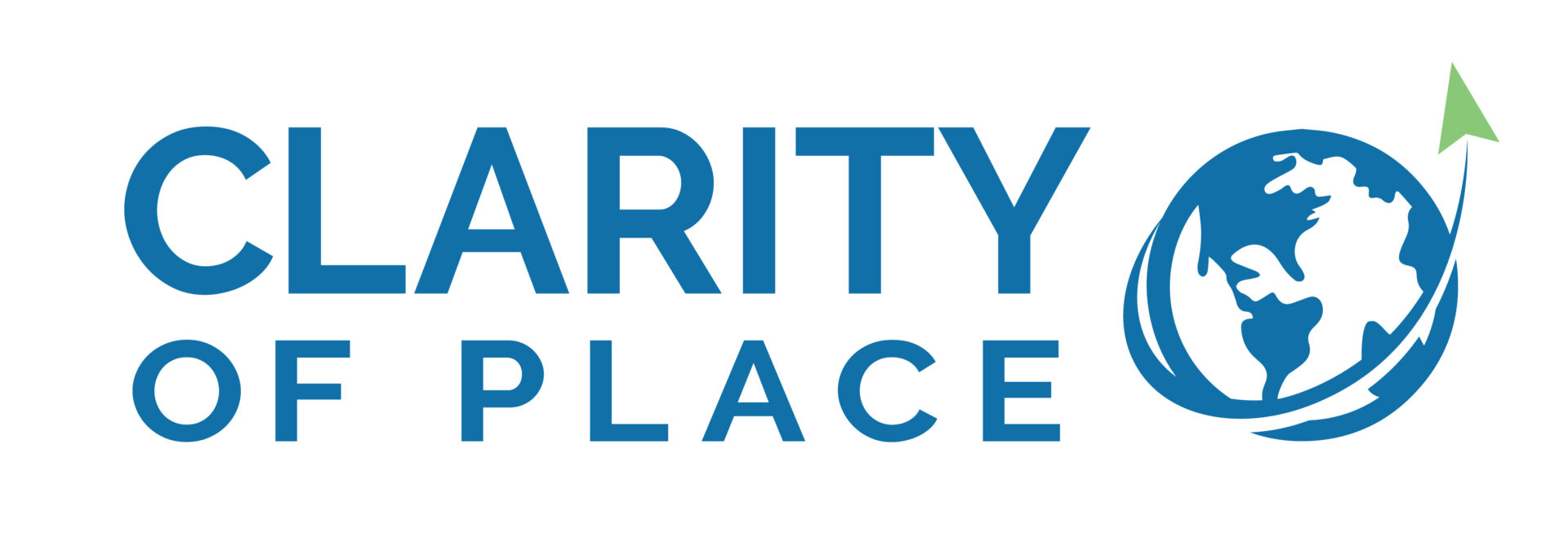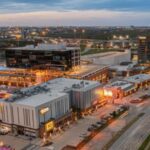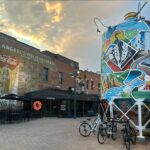(Post 2 of 5 in the “Don’t Say Recovery” Series)
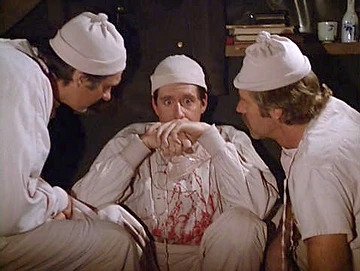
What you are about to read may disturb you. It really is okay if you need walk away for a little while. Trauma isn’t pretty, and 2020 has been overly traumatic. Disturbingly enough, the year isn’t close to being over.
Our communities continue to be plagued by economic, social, and emotional damage. While the damage is most pronounced in the tourism and hospitality industry, all sectors of our communities have been impacted…and those impacts need to be addressed.
Recovery will not be achieved while these wounds are still open. Direct pressure will ultimately stop the bleeding, but a doctor must know where to apply it. Who is this doctor, you ask? You are. But you are not alone. Many communities have set up Economic Response and/or Recovery teams. I am assuming you or someone from your organization is serving on this team, but if you are not then act quickly and lend a hand. Think of the team as economic first responders. These individuals need to look at all signs of community stress to determine the various wounds that require direct pressure. Some wounds are more severe than others and should addressed first.
The questions asked in this triage reside outside traditional comfort zones and easy conversations. For instance, traditional tourism data such as hotel occupancy, room tax/sales tax collections and direct/indirect employment needs to be reported as a community indicator. Similarly, deep dives into data sets on unemployment by demographics; performance across the mix of industries in the community; business closures by type and duration; and community, cultural and educational institutions at risk should also be assessed.
Communities are in trouble and the losses are just beginning. Knowing where to focus response is the first step towards rebuilding.
Stay Tuned for more on this Point of View…
